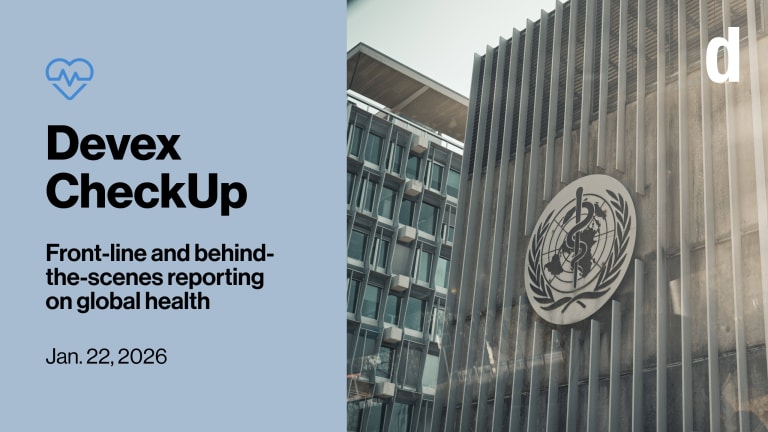The World Health Organization today has taken its own commitment to health to a new level.
WHO for years has recommended adults and children reduce their daily sugar intake to approximately 12 teaspoons a day. Now, as part of its “Walk the Talk” initiative — which promotes a healthier lifestyle among the populations of its member countries as well as its own staff — the U.N. health body has banned all sugary beverages from its headquarters.
This means staff and visitors to the organization’s office in Geneva will no longer be able to buy high sugar soft drinks or fruit juices from its cafeteria, vending machines or coffee shops. Such beverages will also no longer be served during meetings at headquarters. Sugar packets, however, will continue to be served for tea and coffee.
Search for articles
Most Read
- 1
- 2
- 3
- 4
- 5


